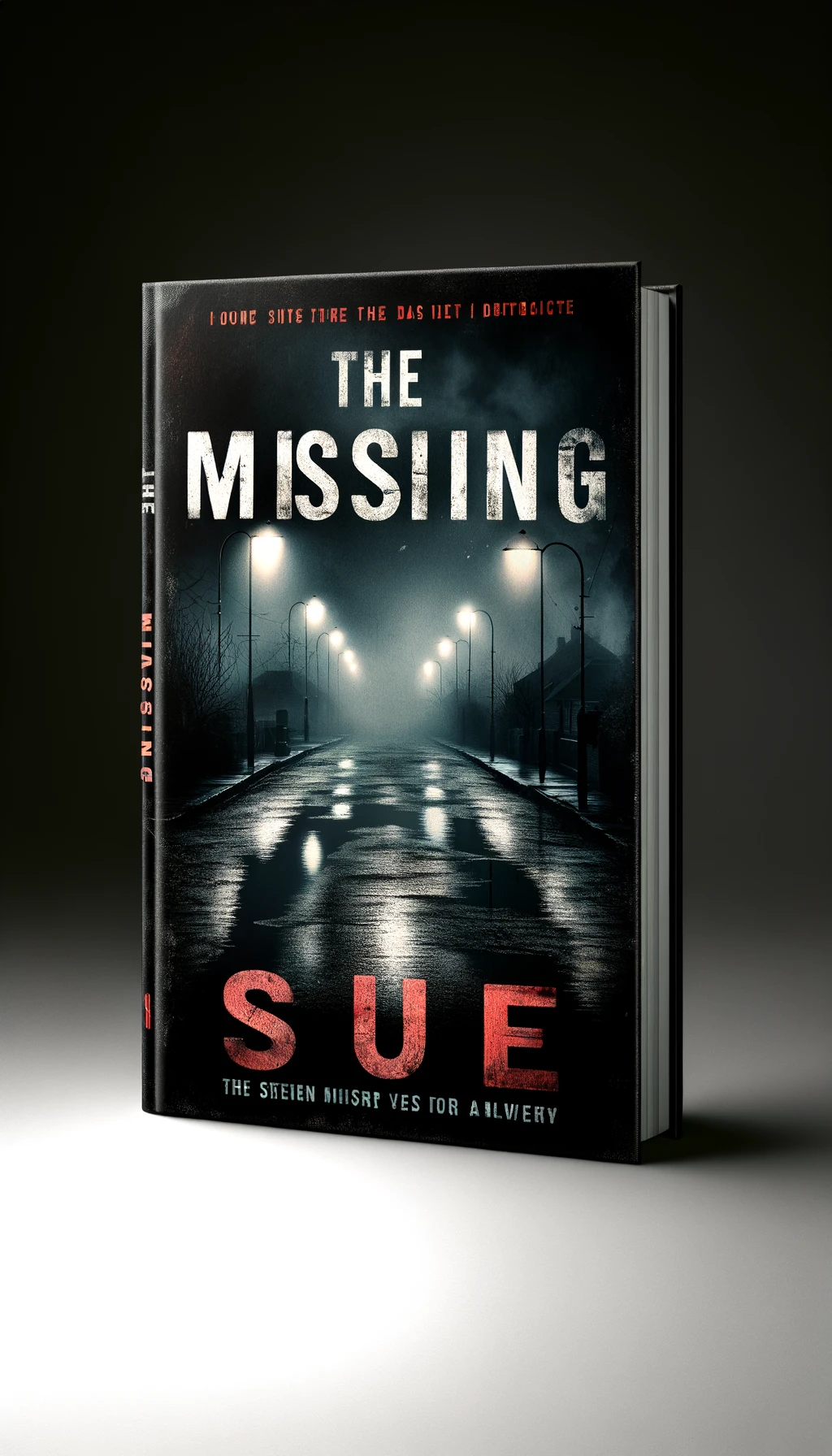Creative Writing
Creative writing is a rewarding yet challenging endeavor that involves expressing thoughts, emotions, and stories in unique and compelling ways. Here are some essential pieces of advice to enhance your creative writing skills:
1. Read Widely and Often
Diverse genres: Explore different genres and styles. Reading widely can introduce you to various writing techniques and narrative structures.
Analyze what you read: Pay attention to how accomplished authors develop characters, build worlds, craft dialogues, and pace their plots.
2. Write Regularly
Set a routine: Try to write daily. Consistency helps improve fluency and can make writing easier.
Writing prompts: Use prompts when you're stuck. They can spark new ideas and get you writing quickly.
3. Develop Your Voice
Be yourself: Your voice is unique. Embrace it rather than trying to write like someone else.
Experiment: Play with different perspectives, tenses, and stylistic choices to find what best suits your storytelling style.
4. Show, Don’t Tell
Use sensory details: Engage readers by describing what can be seen, heard, smelled, tasted, or touched.
Action and dialogue: Let characters’ actions and words convey their feelings and personalities instead of explaining them directly.
5. Create Complex Characters
Backstories: Develop rich backgrounds for your characters to give them depth and motivations.
Flaws and growth: Characters should have flaws and should grow or change in meaningful ways through your story.
6. Build Vivid Settings
Research: If your setting is real, research it well. If it’s fictional, consider elements like social norms, geography, and technology.
Integrate seamlessly: Introduce settings through interactions and the eyes of the characters rather than through long, descriptive passages.
7. Edit Ruthlessly
Take breaks: After finishing a draft, take a break before editing. Fresh eyes can catch errors and inconsistencies more easily.
Seek feedback: Share your work with trusted readers or writing groups and be open to constructive criticism.
8. Understand Your Audience
Demographic: Consider who your audience is. Age, interests, and cultural backgrounds can influence how readers perceive your story.
Engagement: Think about what engages your audience. This could be action, dialogue, suspense, or emotional depth.
9. Embrace Challenges and Setbacks
Learning opportunities: Each piece of writing is a learning opportunity. Analyze what works and what doesn’t.
Resilience: Rejection and criticism are part of the writing process. Use them to strengthen your work, not as a deterrent.
10. Stay Inspired
Keep a journal: Record ideas, snippets of conversation, observations, and reflections that might spark creative stories.
Life experiences: Draw from your own experiences, emotions, and the world around you. Authenticity resonates with readers.
By incorporating these practices into your writing routine, you can enhance your skills, develop your style, and produce compelling, polished works of creative writing. Remember, every writer has a unique path and exploring yours can be part of the joy of writing.



Write Your Comment